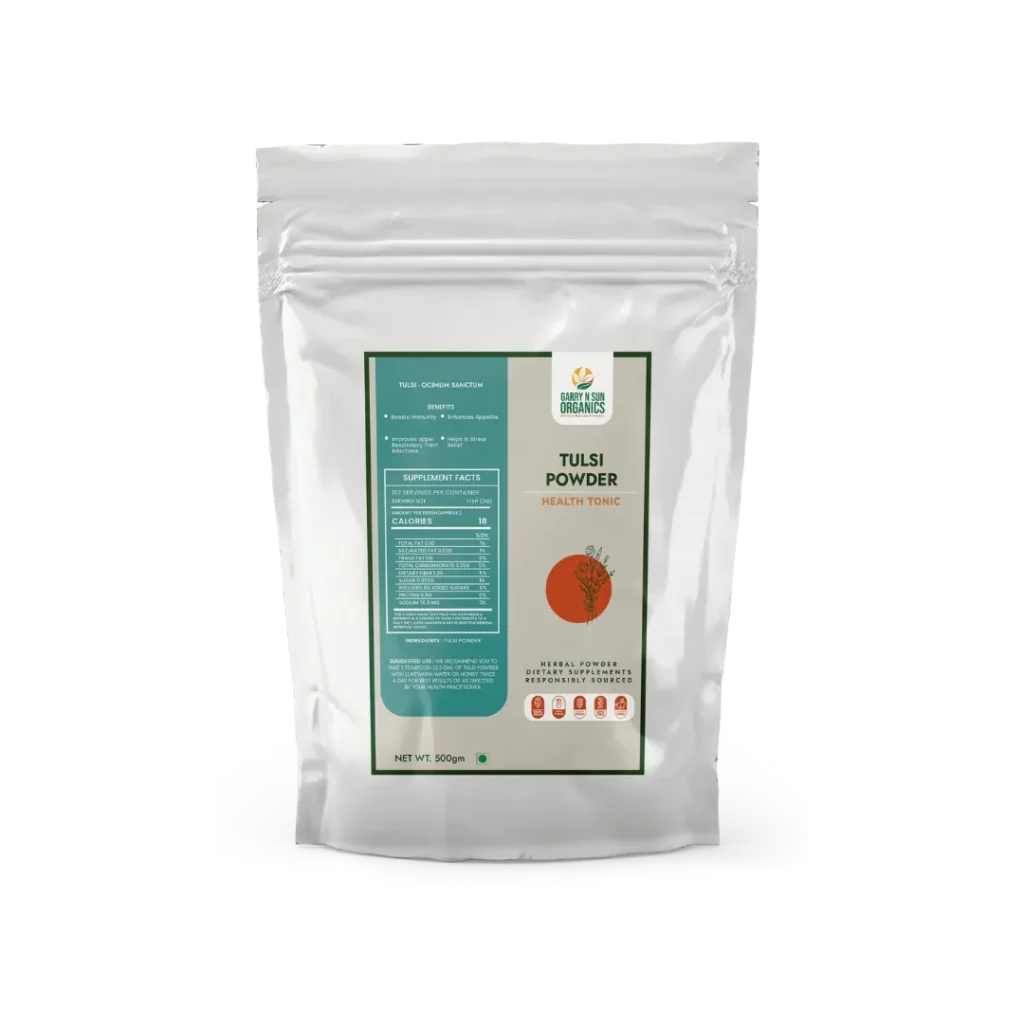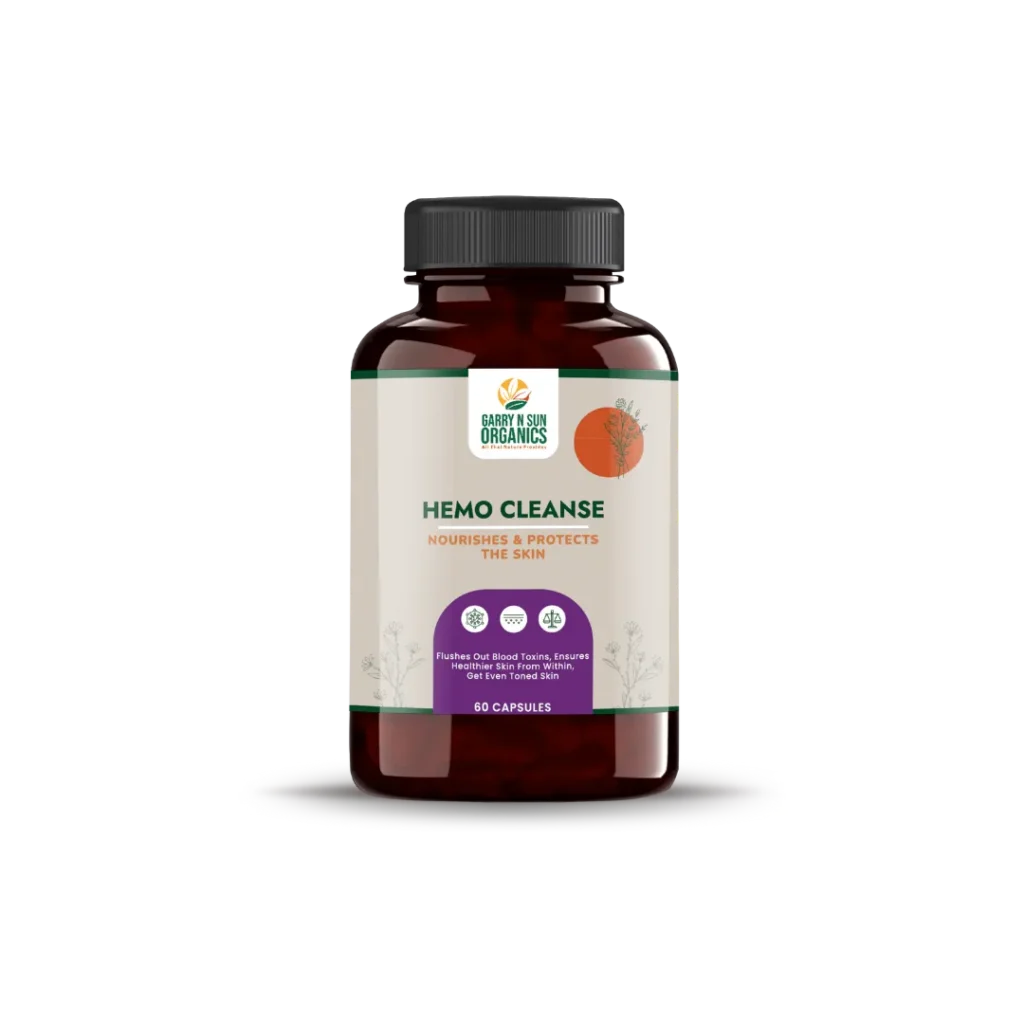If we say the world we’re living in is not the same world where our grandparents lived, then it wouldn’t be wrong. They led healthier, more balanced lives despite having fewer modern conveniences. Do you know what’s the secret behind it? It’s their connection with nature and Ayurveda.
However, in today’s world, stress, pollution, and poor dietary habits often adversely affect our health. Many of us are seeking natural ways to restore balance and vitality to our lives.
Imagine waking up daily feeling rejuvenated, with a robust immune system and a calm, focused mind.
How will it feel? Amazing, right?
It’s time to draw some lessons from the past and seek help from Ayurveda. If you’re still in doubt and have questions, like why Ayurveda is important in modern life, check this out.
But if you know how Ayurveda offers a treasure trove of herbal wisdom to help us achieve balance, we have five must-have supplements for you. They seamlessly integrate into our daily routines and enhance our overall well-being.
Let’s explore them.
5 Herbs For Everyday Use To Improve Overall Health
Have you ever felt exhausted, even after a full night’s sleep? Or found yourself battling frequent colds despite your best efforts to stay healthy?
Yes? No worries! These five ayurvedic supplements will help enhance your quality of life.
Ashwagandha (Withania somnifera)
Ashwagandha, also known as Indian ginseng. It is renowned for its powerful adaptogenic properties.
Benefits: If you easily get stressed and experience anxiety, Ashwagandha may help you. It reduces anxiety and enhances mental clarity.
Additionally, it balances Vata and Kapha dosha and also supports energy levels and endurance, making it a fantastic ally for those managing demanding schedules.
How to Use: Incorporating Ashwagandha is easy and simple. You can take it in capsule or powder form, typically 300–500 mg daily, preferably with warm milk before bedtime for better absorption and a calming effect.
2. Turmeric (Curcuma longa)
Turmeric, the golden spice, is glorified for its anti-inflammatory and antioxidant properties.
Benefits: Turmeric has an active compound, curcumin, which not only supports joint health but also boosts the immune system and improves digestion.
To reap the full benefits of turmeric, pair it with black pepper or a fat source like coconut oil, as it enhances its absorption.
How to Use: If you don’t like to take turmeric in capsule form, incorporate this versatile herb into various dishes as it comes in powder and juice forms.
3. Triphala
Triphala, a potent Ayurvedic remedy, is a blend of three beneficial fruits: Amla (Emblica officinalis), Haritaki (Terminalia chebula), and Bibhitaki (Terminalia bellirica).
You might be amazed to know that this tridoshic formulation balances all three doshas (Vata, Pitta, and Kapha) and is popular for its gentle detoxifying effects.
Benefits: Triphala aids in digestion, promotes healthy elimination, and enhances nutrient absorption. Triphala is also great for improving metabolism.
How to Use: You can consume Triphala powder with warm water before bedtime. Alternatively, triphala capsules can be taken once or twice a day, as recommended by an Ayurvedic practitioner.
4. Tulsi (Ocimum sanctum)
Tulsi, often known as Holy Basil, is a sacred plant in Ayurveda, valued for its purifying and healing properties. You can find this plant in most Indian homes.
Benefits: It supports respiratory health, relieves stress, and enhances mental clarity. Tulsi tea is an easy way to enjoy the benefits of this herb.
How to Use: You can drink tulsi tea daily or take tulsi supplements in capsule form. If you’ve got a tulsi plant at home, you can chew fresh tulsi leaves or add them to meals for additional health benefits.
5. Shatavari (Asparagus racemosus)
Shatavari is often popular as the “Queen of Herbs.” It has been used for centuries to promote overall health and well-being, particularly for women.
Benefits: Shatavari supports reproductive health and balances hormones. It also enhances vitality, boosts immunity, and is a natural diuretic. If you’ve tried this, it’s time to take your wellness journey to the next level by incorporating Shatavari into your daily routine.
How to Use: Take Shatavari powder with warm milk or water. It is also available in capsule form for convenience.
Also, consult with your Ayurvedic practitioner before starting any supplement.
Dincharya: Integrating Ayurveda into Your Daily Routine
In Ayurveda, Dincharya refers to a daily routine designed to maintain balance and promote health. Incorporating these Ayurvedic supplements into your Dincharya can amplify their benefits.
Want to know how to integrate them seamlessly?
Read further!
Morning Rituals
Start with Tulsi
Imagine sitting quietly, savoring the aromatic flavor, and feeling a sense of calm and readiness for the day ahead.Yes, you can experience the same. Begin your day with a cup of Tulsi tea to revive your senses and boost your immune system.
Turmeric Boost
Now, it’s time for a turmeric boost. Add a teaspoon of turmeric to your breakfast smoothie or morning oats for an anti-inflammatory boost. You can use black pepper for better absorption, as we mentioned before.
Midday Balance
Ashwagandha for Energy
Suppose you are in a high-stress meeting but remain calm and focused, thanks to this adaptogenic herb. You can take an Ashwagandha supplement mid-morning to maintain your energy levels and keep stress at bay.
Digestive Aid with Triphala
Before lunch, consider a dose of Triphala if you don’t want to experience bloating or indigestion. Think of it as a gentle digestive aid that helps your body process food efficiently, which will leave you comfortable and energized.
Evening Wind Down
Relax with Shatavari
Mix Shatavari powder into warm milk, and enjoy a moment of peace that helps you transition from the day’s busyness to a restful state.
Finish your day with Ashwagandha
Take a second dose of Ashwagandha before going to bed. It can help you relax and feel a wave of calm washing over you, leading to deep, restorative sleep.
Takeaway
Including Ayurvedic supplements in your daily routine can be a transformative step towards attaining optimal health and well-being. These time-tested herbs—Ashwagandha, Turmeric, Triphala, Tulsi, and Shatavari—offer a holistic approach to managing stress, enhancing immunity, and improving vitality.
By embracing the principles of Dincharya, you can experience profound benefits that resonate with the ancient wisdom of Ayurveda. So, what are you waiting for?
Begin your journey towards balance and vitality today, and let these natural treasures support you in living a healthier, happier life.








